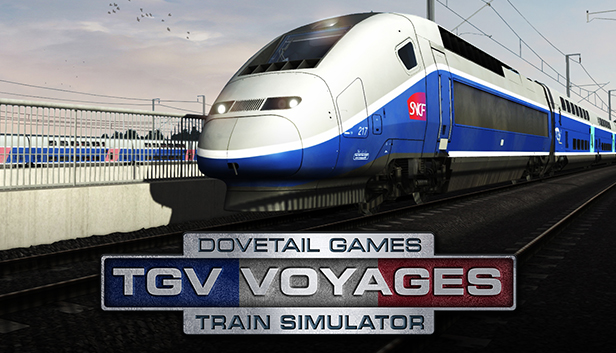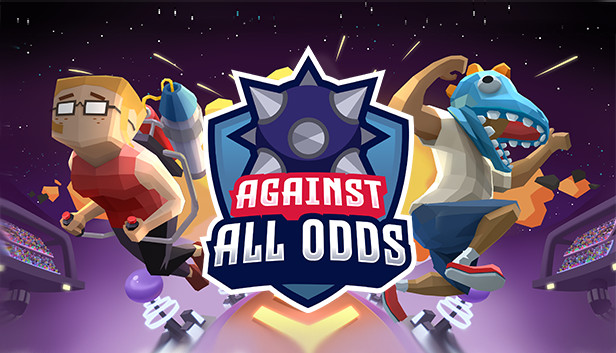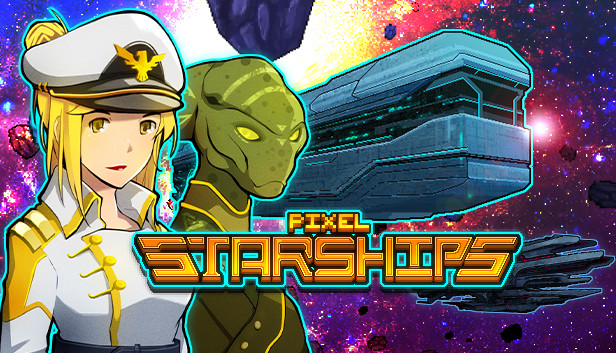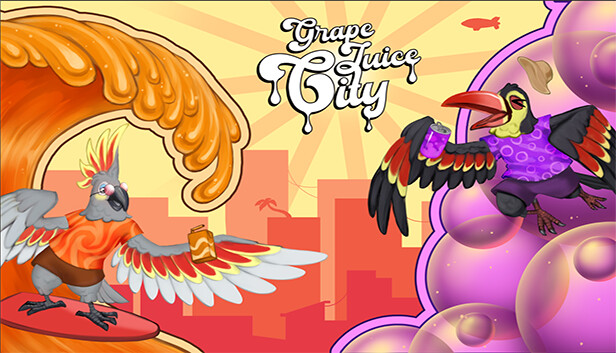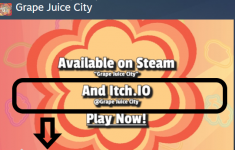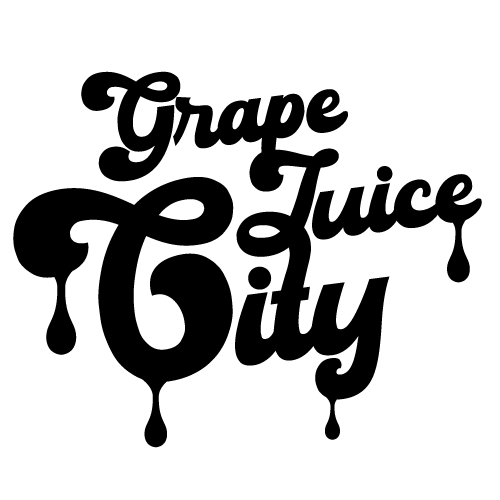is just to know if coding is for me, mentioned python cause someone here at forum said that it was the " easiest" and " start"
saw that it has alot to do, so where do i start? yes i do want to know the things like what is " language, coding, where to use" and also learn and apply them
Thats something your better off reading, or skipping entirely. Its a thin line of difference and just terminology as the douche debate we had here awhile back proved quite nicely

A language is just that, like a spoken language...
It has it own coding format and syntax (way of being written, like a literal language)
Its own built in functionality and terminology (parts of built in code that are unique to it, like different character sets in spoken languages)
The language also determines which compiler or development environments you can use (a different accent depending where the language is spoken lol)
Its literally a language, you learn to type it instead of speak it and each one is unique but many are also similar.
This was a joke about how its like a spoken language, but I believe it may make it easier to understand.
Code is what is written in that language, you can type it up in notepad if your good enough...where to use it is dependant on which language, OS, and IDE (Integrated Development Environment) you PREFER, there is no single place you can use code, you can compile it yourself from notepad files as I said...if you know how to use the compiler.
I would start with...searching for something along these lines (they are not from the site)
Hello World! (in preferred language)
What are "Variables" in (preferred language)
Mathematical Operators
String Usage / Modification (this one can be hard for beginners depending on the language)
What is a Function (or Subroutine, Sub is actually easier)
Pointers
Buffers (and "Memory Allocation" depending on language)
Variable Scope (or just Scope)
That

will bring you to the different type of files that can be used in that language and how to interact with them all, such as Classes, Libraries, etc.
Which is why I saved it for the end.
By the time you get through those it should have pointed you toward more complex concepts and you can decide which ones you think your prepared to learn.
Thats just a general list off the top of my head and I am always thinking of C or C++ Style Programming so some may not be relevant in the language of your choice, particularly Memory Management, most higher level languages handle that for you automatically.
If you can make it through that much with a half decent understanding, your off to a good start honestly

Good luck Guts, let us know if you turn out to be some sort of coding prodigy overnight


